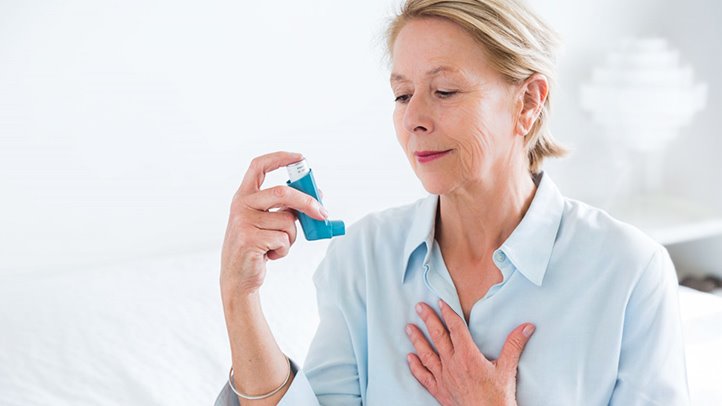|
Asthma is a chronic disease involving inflammation of the bronchial tubes in the lungs. Symptoms include wheezing, shortness of breath, coughing, and chest tightness. The most common treatment for asthma is pharmaceutical medication and the recommendation to avoid anything that triggers symptoms. Many people find this type of asthma treatment to be frustrating, though. Daily medications can feel like a burden and may cause unpleasant side effects. Many also worry about the potential harm associated with long-term use of medications. In addition to this, these treatments do not guarantee freedom from asthmatic symptoms or asthma attacks. This is why many people turn to acupuncture for help in easing their symptoms. Acupuncture is proven effectiveAcupuncture has been proven in a number of studies to be effective for controlling the symptoms of asthma. In one study conducted in a hospital in Henan, China, 192 patients with bronchial asthma were treated with acupuncture. Significant improvement was seen in over 75% of patients. In another study at the University of Vienna, 70% of the patients suffering from asthma reported improvement after undergoing regular acupuncture treatment for a span of 10 weeks. For links to these and more clinical studies, see the Resources and Related Links section below. Physiology of how acupuncture treats asthmaClinical studies about the specific mechanisms of acupuncture in the treatment of asthma are ongoing, though preliminary results show a variety of actions. Acupuncture treatment has been found to be associated with regulation of cardiac-pulmonary function, immune system modulation, and a decrease in inflammatory reactions in bronchial asthma patients. Animal experiments show that acupuncture also:
Asthma in Traditional Chinese MedicineOne of the reasons acupuncture is so effective in treating asthma is because of its unique diagnostic system. In Traditional Chinese Medicine (TCM), asthma is called "xiao chuan". Xiao means wheezing and chuan means dyspnea (shortness of breath). TCM classifies xiao and chuan as two separate illnesses with different treatments. In addition to creating a differential diagnosis based on symptoms, acupuncturists also look at the triggers of asthma attacks for information on how to treat them in each individual. Factors that may trigger an asthma attack in TCM include the invasion of "external pathogenic factors", diet, emotional events, hereditary conditions, and chronic illness. Each of these is related to a different functional system, and each tells of a different pattern of imbalance. Acupuncturists use information about these patterns of imbalance to create individualized treatment plans. It is this individualized treatment that allows acupuncture to be so successful in relieving symptoms, both in the short and long term. Learn moreTo read more about acupuncture and asthma research, take a look at the Resources and Related Links section below. To learn more about acupuncture itself, take a look at our About Acupuncture section or read about How Acupuncture Works. If you're curious about the differences between Eastern and Western Medicine, take a look at our section on Eastern Medicine. To learn more about Wisdom Traditions Acupuncture, read About Us or Our Philosophy. If you have any additional questions, feel free to Contact Us or Schedule and Appointment Online. Resources & Related Links
1 Comment
7/22/2021 11:02:11 pm
Hello.
Reply
Leave a Reply. |
AuthorMarni Adhikari, M.Ac, L.Ac, Dipl.Ac, is the founder and acupuncturist at Wisdom Traditions Acupuncture of Essex Junction, VT Learn MoreQuestions? |


 RSS Feed
RSS Feed
